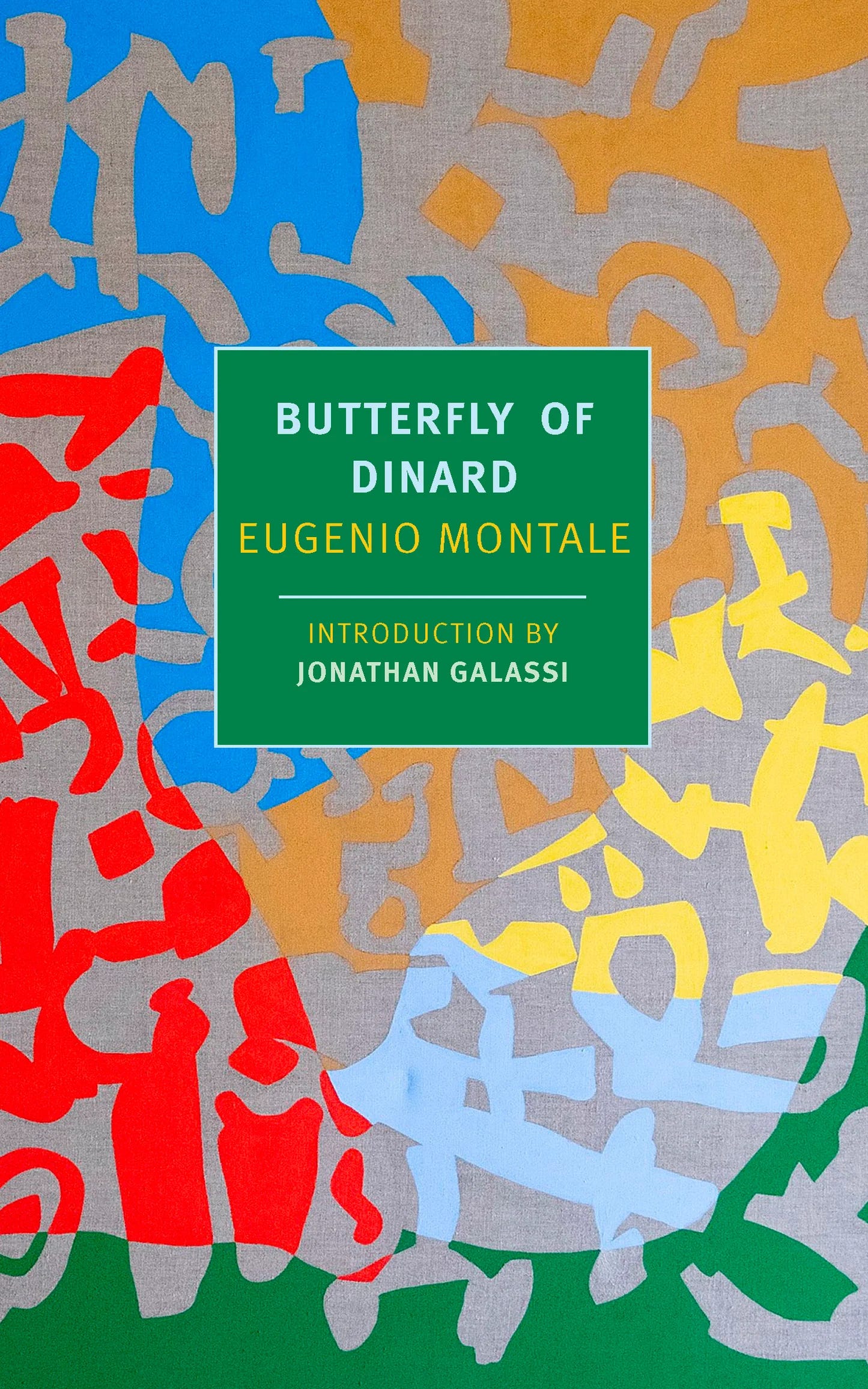A couple of weeks ago I was sitting with a friend over an aperitivo, lamenting Italy’s political drift to the far-right. At a certain point this friend turned and asked me “so why can’t I get excited about Elly Schlein? She’s young, left, green, progressive, feminist, everything I care about. So what’s going on?” I couldn’t answer. I was speechless. As a staunch supporter of Schlein in the PD primaries, I’ve been wondering the same thing for a while now but haven’t yet had the time to interrogate the matter in any depth. This week, thankfully, someone else has done the job for me. Tommaso Nencioni has published a piece for Jacobin outlining, in historical terms, how and why the entire project of the PD is rotten to the core. With the exception of a few unsubstantiated Marxist ideological assumptions, this is an admirably clear piece which explains how the Christian Democrat factions of the PD continue to dominate the party with all the neoliberal, clientalist, corrupt behaviour that implies. The bottom line? Schelin herself is, by most accounts, a genuine reformist, but her party’s culture is anything but. In fact, Nencioni’s verdict is more brutal still: “the PD,” he argues, “identifies itself with the neoliberal state; it regularly betrays its own electorate in order to prop up this order, the electorate punishes the PD for self-immolating in the name of the neoliberal rationale; and then the same electorate that just punished it joyfully rushes to save it, to avoid losing the party indispensable to the salvation of the neoliberal state, as if forgetting why it punished it to begin with.” I highly recommend reading the full analysis to better understand the woes of Italy’s biggest opposition party. It’s heavy stuff, but insightful to say the least.

Have you ever heard of Roberto Vannacci? If so, then I’m really sorry to hear that. If you haven’t, you might want to check out this profile of the man in Foreign Policy magazine called ‘How an Obscure General Became the Star of Italy’s Far Right’. Vannacci — to briefly summarize — has emerged virtually from nowhere to become a major reference point for ultra-conservative voters in Italy. His early career was unremarkable: the general served two stints in the military as an officer in Afghanistan and Iraq before taking a white collar job at the Military Geographic Institute in Florence. In late 2023, however, the ex-soldier was suddenly propelled into the public arena when he published a book called Il mondo al contrario (The World Upside Down), a generic anti-woke manifesto which reads like a bar room rant and which has sold hundreds of thousands of copies. More recently Vannacci has been eyeing up a career in politics, and he’s apparently spent more hours on TV campaigning than Georgia Meloni this year. Vannacci’s main target for now is a seat in the European Parliament, but I get the sense, based on this analysis, that his ambitions go much further than that. Read the full piece for a better sense of how the general’s reactionary theories are perpetuating ignorance in Italian society.

So where’s the hope, then? This is a question on many peoples’ lips these days I know. And while I don’t feel either qualified or optimistic enough to provide an answer myself I can point readers in the direction of an interesting piece in Internazionale which makes a convincing case that “student protests are starting to freak out the Italian government.” I’m usually pretty sceptical of these kinds of claims: social movements and progressive mobilizations are so often driven by egotism, self-importance and delusions regarding their own relevance. Journalists, in particular, need to be cautious about overstating the significance of such events. In this instance, however, the author Alessandro Calvi points out, with admirable clarity and eloquence, that something new does seem to be going on. Protests, which had been absent for several years, are beginning to proliferate with increasing frequency on a whole range of issues from gender based violence to the climate crisis to the war in Gaza. While Calvi’s full argument is too complex to summarize here, his basic point is that previous social movements - like, say, the sardines - were able to flourish precisely because they were apolitical. Post-pandemic, however, young people have been carving out more and more spaces to make organized, pragmatic, level-headed, practical demands that call the system itself into question. They are, in other words, doing politics again. Check out the full piece here for a sense of why this is important and where these energies might be heading [ITA only but well-worth chucking into google translate for you ENG-only readers out there].

Arts and culture: poetic escapes
The Salone del Libro, which takes place in Turin every spring, is Italy’s biggest annual book fair. This is a space where all the major publishers — and the indie press and magazines — come together to show-off their new catalogues and compete for the attention of journalists and critics. This year’s edition, which took place from May 9th-13th, had a huge turnout. 222,000 people attended apparently; a record number. And 60% were under 40. The lists reflected this: many of the most-hyped titles were vampire and fantasy fiction stories. More interestingly, despite censorship, Italian publishers are also backing a new flurry of LGBTQI+ themed children’s stories promoting and empowering characters beyond heteronormative constraints. Of the adult selections, I was most excited by a reissue of poet Dolores Prato’s book Scottature and Francesca Pallas’s biography of the model, actress, pornographic film producer and political icon Moana Pozzi Tutto deve brillare which offers a nuanced and sympathetic look at a woman who “desired freedom above all else. And achieved it, at a high price, for all of us too.” International speakers at the 2024 edition included Orhan Pamuk, Deborah Levy, Diane Williams, Camila Sosa Villada and Salman Rushdie, the latter of whom attacked the PM Giorgia Meloni for being “childish” in handling criticism and called on her to “grow up.” Bravo.
Sticking with Italy-related books for a moment, the NYRB classics series released a new edition of Eugenio Montale’s short story collection Butterfly of Dinard this week, translated by Oonagh Stransky and Marla Moff. I can’t wait to read it. Because somehow I’m yet to crack the nut vis-a-vis Montale. His poems are tough going in Italian and the ENG versions out there leave a lot to be desired. This book, by contrast, seems a great and more straightforward place to start. The blurb tells us these are 50 short fiction pieces which together form “a sort of autobiographical novel” taking the reader from the author’s childhood in Liguria “to his adult life in pre-Fascist Florence” and ultimately his invention of a new surrealist inspired hermetic verse that helped him survive and resist during the traumatic regime years. I’m a big fan of other Florence-based poets of the 20s and 30s — Ungaretti, Quasimodo, Gatto et al — so I’m looking forward to giving Montale another chance as I make my way through this new and very welcome collection. Purchase a copy here if you’re interested.
Recipe: Flounder With Yellow and Green Tomatoes
Ixta Belfrage — the UK-based Brazilian-Mexican-Italian chef who came to prominence in Ottolenghi’s test kitchen — is one of my absolute favourite food writers right now. And this dish shows why. Her ‘Flounder With Yellow and Green Tomatoes’ is essentially a jazzed up Latin-American inspired reinvention of the classic Neapolitan aquapazza. The original dish, which I often cook, sees a whole fish steamed in a single pan with chili, garlic, cherry tomatoes and water. It’s simple, but still one of my favourite things to eat full stop. If you do fancy a change, however, and I sometimes do, this is a nice variation. The principle is the same, fish on tomatoes, but the cooking here is more adventurous. Belfrage cuts her fish into fillets which she then broils on the top shelf of the oven with a little lime juice for a couple of minutes. She then lays the fish on some chopped tomatoes and drizzles an exquisite French-style garlic butter on top together with some herbs. The result, as she puts it, is “the ultimate midweek summer dish.” Hyperbole perhaps, but there’s a kernel of truth there. This one’s from her great book Mezcla which I highly recommend you purchase. Otherwise you can find the recipe online here courtesy of the blog Splendid Table. Enjoy!
I’m Jamie Mackay, a UK-born, Italy-based writer, working at the interfaces of journalism, criticism, poetry, fiction, philosophy, travelogue and cultural-history. I set up ‘The Week in Italy’ to make a space to share a regular overview of the debates and dilemmas, innovations and crises that sometimes pass under the radar of our overcrowded news feeds, to explore politics, current affairs, books, arts and food. If you’re a regular reader, and you enjoy these updates, I hope you’ll consider becoming a supporter for EUR 5.00 per month. I like to think of it as a weekly catch-up chat over an espresso. Alternatively, if you’d like to send a one-off something, you can do so via PayPal using this link. Grazie!




